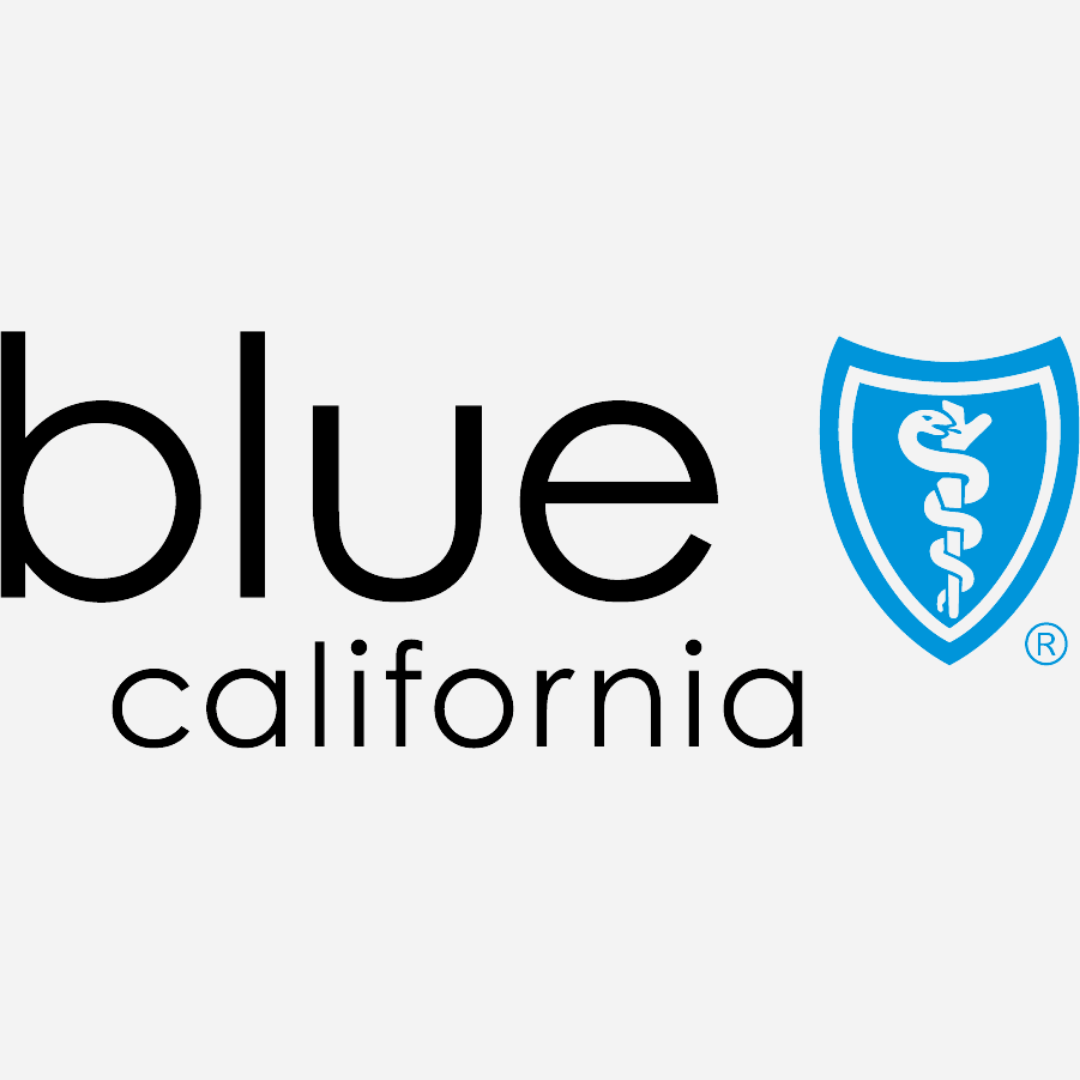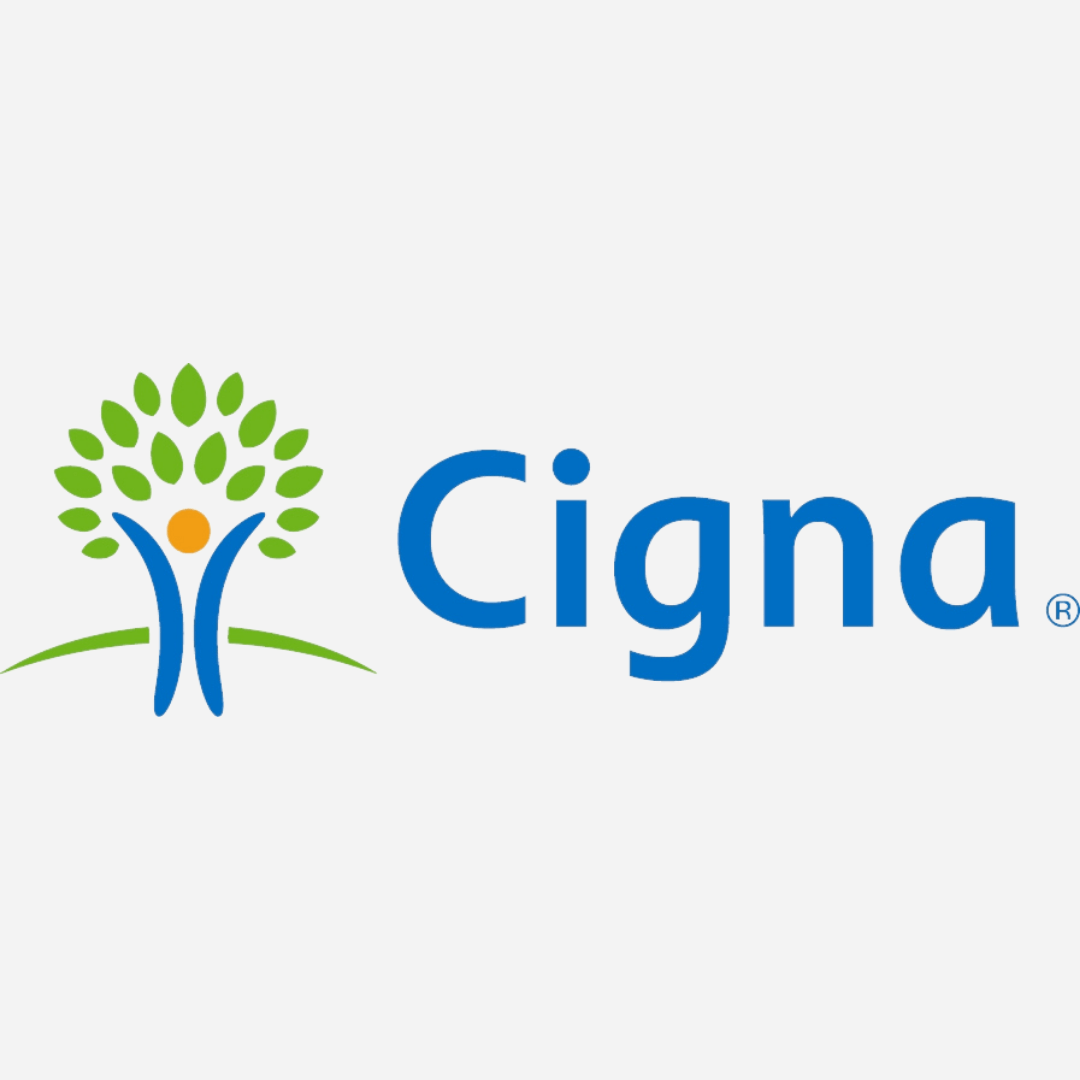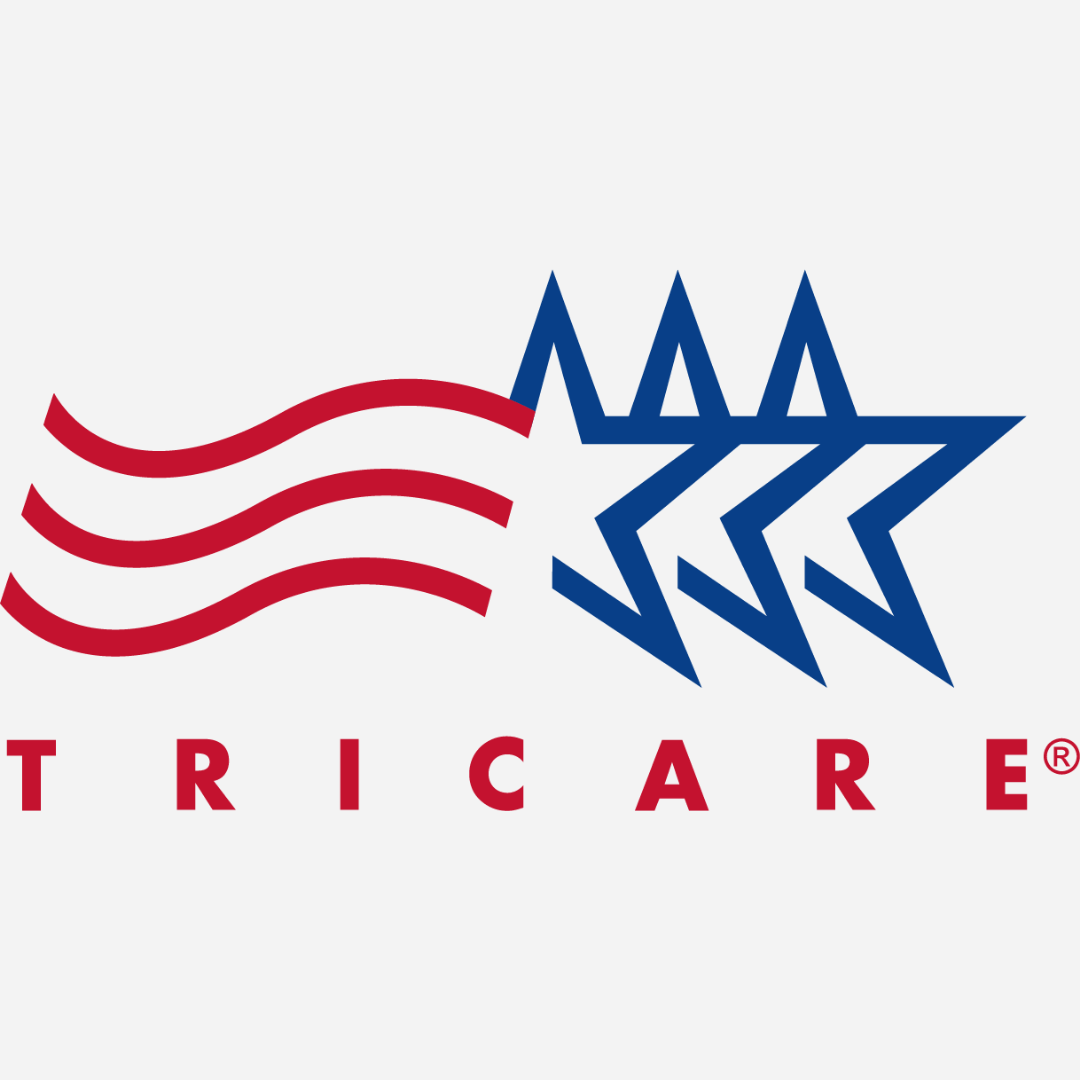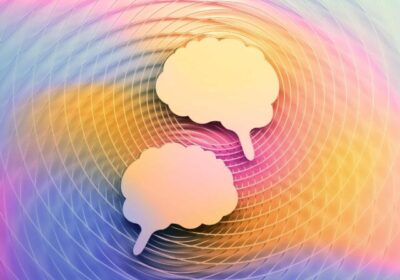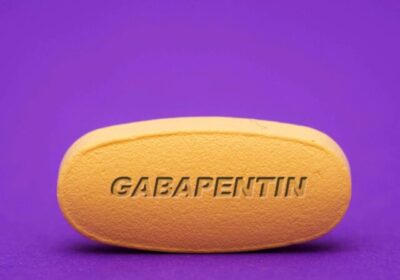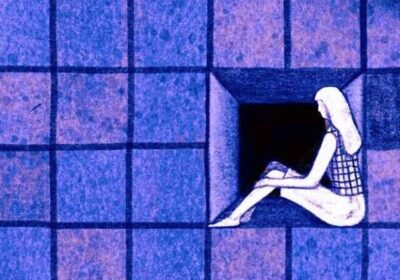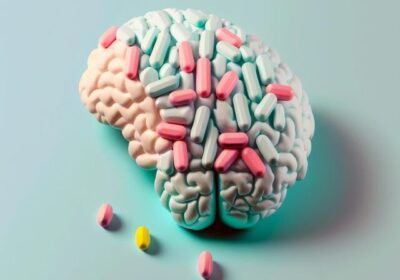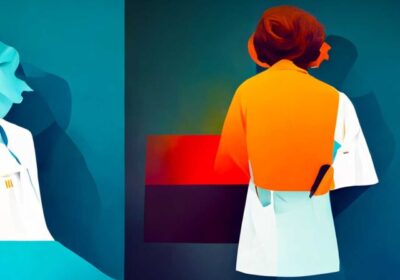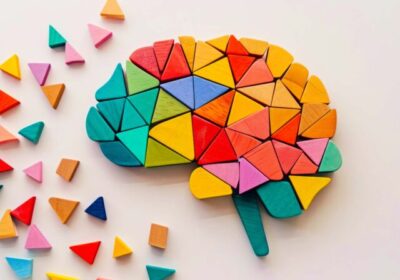TMS Therapy for Bipolar Disorder
Transcranial Magnetic Stimulation (TMS) therapy is a non-invasive, non-drug, and FDA-cleared treatment with zero downtime that is safe and effective for a range of conditions affecting mental health and cognition. TMS was FDA-cleared for major depressive disorder in 2008, for migraines in 2013, for OCD in 2018, and for cigarette cessation in 2019. Although TMS has not yet been FDA-approved for the treatment of bipolar disorder, research has indicated TMS as an effective “off-label” treatment for bipolar depression, anxiety, and cognitive impairment.
Bipolar disorder is a mental illness that affects a person’s mood and can cause episodes of depression, mania, or both. While conventional treatments such as medication and psychotherapy are often used to manage bipolar disorder, many people are now turning to TMS therapy as an alternative mental health treatment.
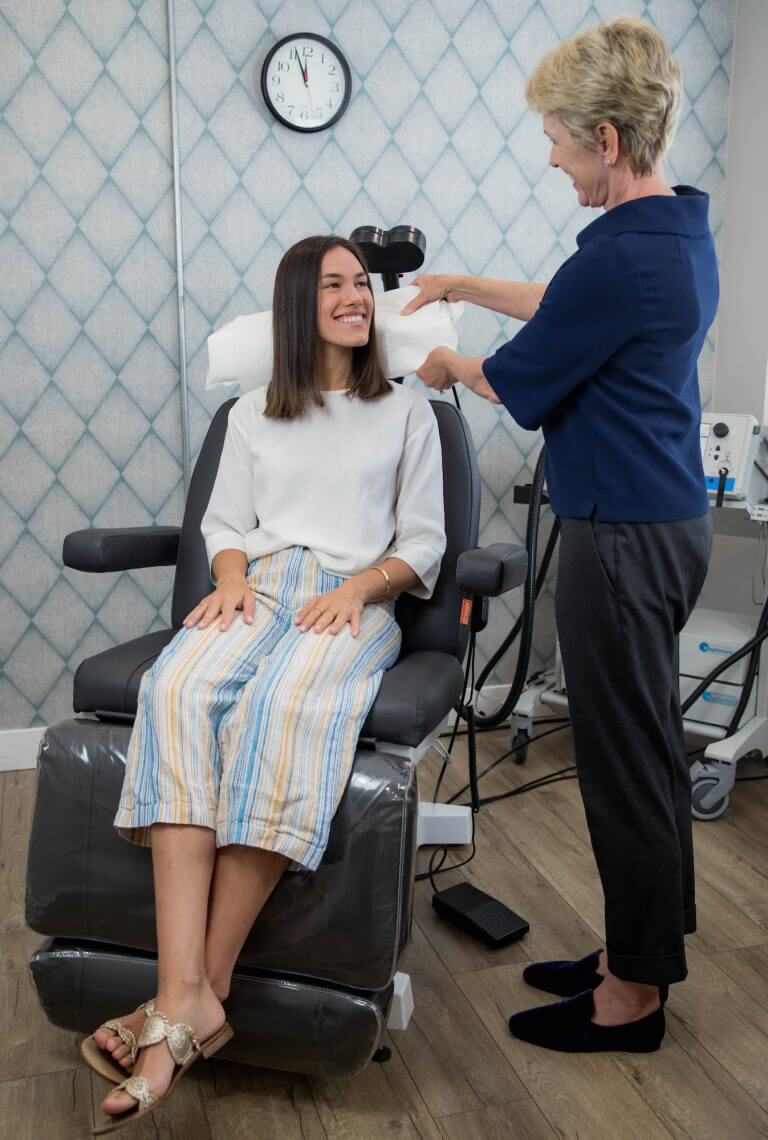
Conventional Treatments for Bipolar
Bipolar Disorder sometimes referred to as manic depression, is a psychiatric condition that is characterized by extreme mood swings from emotional highs (manic or hypomanic) to lows (depression). These episodes may last for weeks or months if untreated, and can greatly impact patients’ relationships, work or school performance, and quality of life. About 5.7 million Americans or 2.6 percent of the population age 18 and older have the disorder.
Conventionally bipolar disorder is managed by a cocktail of drug therapies, including antidepressants and mood-stabilizing medications. However, there is an ongoing clinical debate regarding the effectiveness of these treatments. Recent studies suggest that antidepressant medications may even exacerbate the intensity and frequency of manic episodes. This is not to mention the potential side effects caused by these drugs, including nausea, fatigue, weight gain, cognitive impairment, and sexual dysfunction.
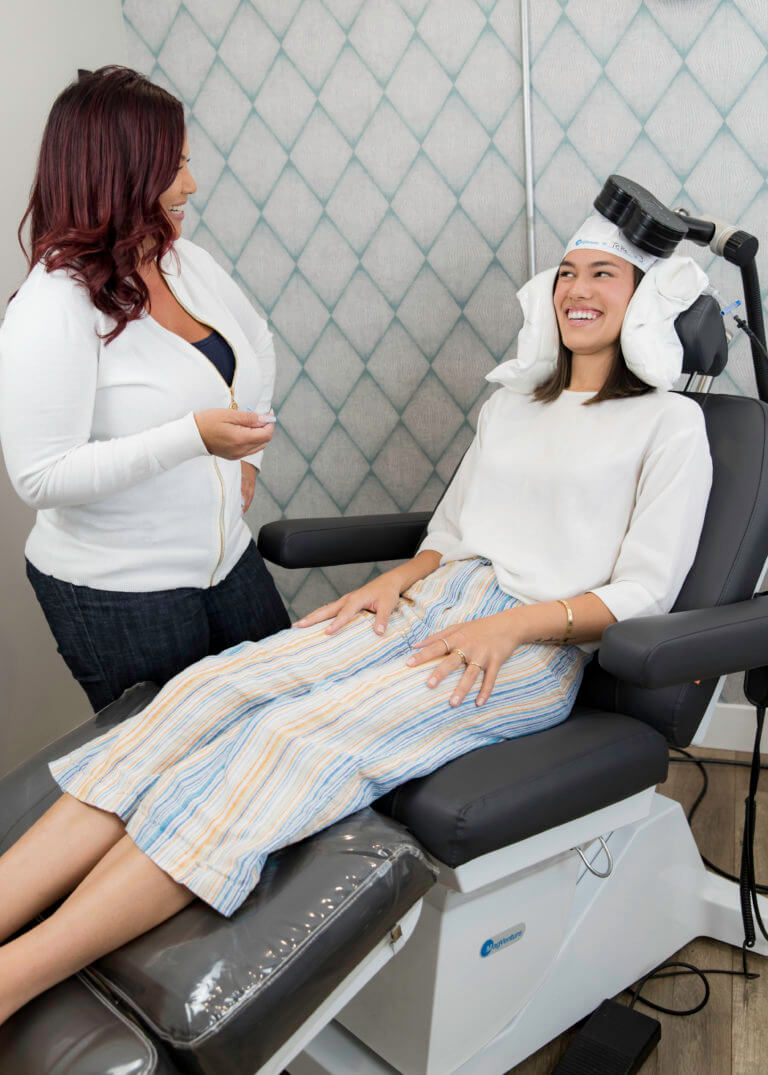
What is Transcranial Magnetic Stimulation (TMS) Therapy?
TMS therapy is both non-invasive and non-systemic. It has fewer side effects than other treatments. In some cases, no side effects at all. Other treatments rely on deep brain stimulation or vagus nerve stimulation. Unlike those treatments, TMS does not require electrode implantation or surgery. It will not cause seizures or require the use of anesthesia sedation. In fact, TMS will not affect cognitive function. Patients can go about daily activities following treatment.
There are several benefits of using TMS for treating bipolar disorder. Not only does it offer relief from depressive episodes but there are also some indications that it may reduce mania symptoms as well. Additionally, due to its non-invasive nature, there are fewer side effects than other therapies such as electroconvulsive therapy (ECT) – learn more about the differences between ECT and TMS here.
How is Bipolar Disorder Treated with TMS?
There is no cure for bipolar disorder, but its symptoms are treatable with TMS therapy. TMS uses magnetic pulses to target brain structures affected by bipolar disorder. Specifically, TMS stimulates the prefrontal cortex of the brain to increase neuronal activity and stabilize mood. As a result, symptoms of bipolar disorder may become more controllable.
During TMS treatment, patients recline in a treatment chair and remain awake and alert. A TMS magnet is positioned over the patient’s head to deliver pulses to specific areas of the brain. Patients report that the pulses feel like taps on the scalp. After each treatment session, patients can immediately return back to their daily routines.
TMS is well tolerated. Sometimes patients experience mild scalp discomfort or mild headache during treatment. Most people experience noticeable symptom relief after two weeks of TMS treatment (8-10 sessions).
Bipolar Disorder Statistics
Bipolar disorder affects more than 5.7 million adults in the United States each year.
- It affects men and women equally.
- Bipolar disorder is one of the top ten leading causes of disability in the world.
- Bipolar disorder decreases expected lifespan by more than 9 years.
- This condition doesn’t only affect adults. In a study by the National Health Institute, 1% of children aged 14 to 18 met the criteria for bipolar disorder.
Neuro Wellness Spa is here to help. Contact our office today to get started with effective TMS therapy.
Signs & Symptoms of Bipolar Disorder
Bipolar disorder is a serious mental health disorder. There are four types of bipolar disorder. Depending on the type, patients may experience a combination of:
- Manic episodes: Intense feelings of euphoria
- Hypomania: Less severe manic episodes
- Depressive episodes: Feelings of depression or loss of interest
Signs of mania or hypomania include:
- Excessive excitement
- Difficulty with falling and staying asleep
- Engaging in dangerous behaviors
- Easily irritated
Signs of depressive episodes include:
- Suicidal thoughts
- Lack of energy
- Difficulty with falling and staying asleep
- Memory loss
Bipolar disorder often co-occurs with other mental health conditions like anxiety and substance use disorders. We are here to help. Reach out to Neuro Wellness Spa to learn more about our TMS treatments for bipolar disorder.
FAQ – TMS & Bipolar Disorder
-
Is TMS Effective for Bipolar?
Even though it was originally used to treat depression, TMS has been investigated and shown to be effective in treating anxiety. Anxiety negatively impacts certain regions of the brain in which it causes abnormal levels of activity. The magnetic pulses used in TMS target these overactive areas to reduce the symptoms of anxiety.
-
How Long Does it Take for TMS to Start Working?
Most patients experience notable improvement with TMS by session 8, 9 or 10 (about two weeks after starting treatment) as opposed to medications which may take 4-6 weeks to relieve symptoms.
-
Can TMS Increase Anxiety?
Typically, there are no side effects of TMS treatment. Mild scalp discomfort during active treatment is the most common side effect. Other infrequent but known side effects may include:
- Mild Headache
- Fatigue
-
How Successful is TMS?
Several studies investigating TMS in the treatment of generalized anxiety disorder (GAD) have reported its effectiveness.
One study published on TMS and generalized anxiety disorder (GAD) found 60% of patients noticed an improvement in their symptoms as measured by the Hamilton Anxiety Rating Scale (HARS).
Other studies of TMS for anxiety have suggested that TMS is most successful in the treatment of GAD when combined with anti-anxiety medications.
TMS should not be used in patients who have:
- Implanted magnetic devices, such as aneurysm clips or cochlear implants. Dental fillings and piercings are not magnetic devices.
If you would like to learn more about TMS, please contact our expert clinical team today.
-
Why Use TMS to Treat Bipolar Disorder?
Conventional psychotherapies and medications may not be effective in some patients with bipolar disorders. TMS may be a safe and effective treatment option for those who have not experienced symptom relief with standard treatments. TMS is minimally invasive and generally well-tolerated.
For more information about the services we offer or whether TMS treatment is covered by your insurance provider, contact us today.



